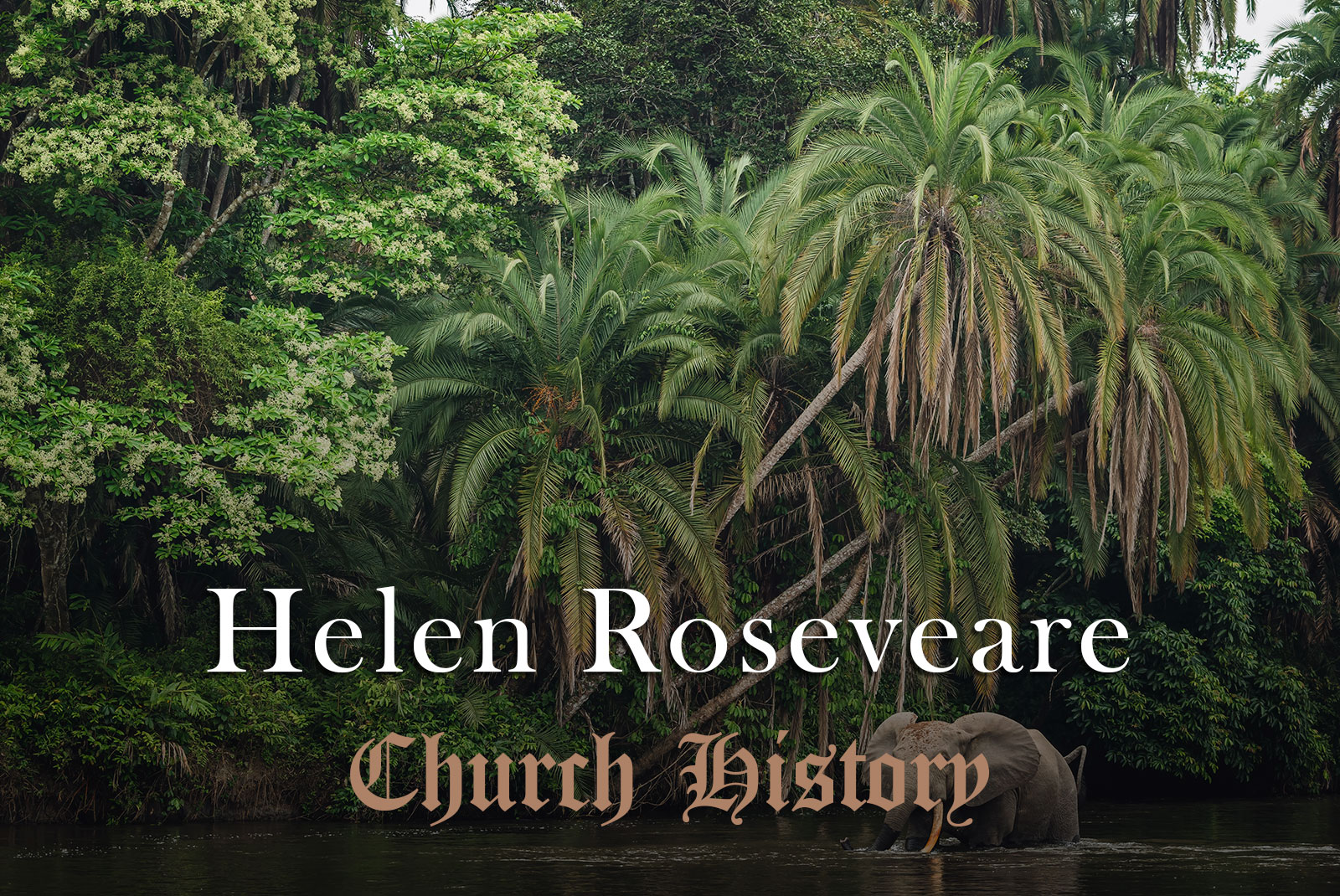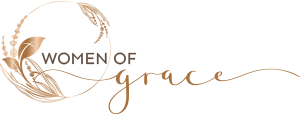
Helen Roseveare was born on September 21, 1925. As a child, she had a Sunday school teacher who once told their class about India, and Helen resolved to herself that she would one day be a missionary; however, despite her Christian family and faithful church attendance, Helen sensed a void in her life and distance from God.
In 1944, Helen started at Newnham College in Cambridge, England to study to become a doctor. The following winter, the Lord seemed to meet her in a personal way during a student retreat and she had the firm conviction that her sins were forgiven.
After the meeting, she went to see Dr. Scroggie (who was leading the retreat) to tell him all that had transpired. He wrote a prayer in her Bible based on Philippians 3:10 that foreshadowed the Lord’s work in her future:
“Tonight you’ve entered into the first part of the verse, ‘That I may know Him.’ This is only the beginning, and there’s a long journey ahead. My prayer for you is that you will go on through the verse to know ‘the power of His resurrection’ and also, God willing, one day perhaps, ‘the fellowship of His sufferings, being made conformable unto His death.’”
After finishing university, Helen moved to the headquarters of Worldwide Evangelization for Christ where she trained to become a missionary, starting in January, 1951. She studied for six months at the WEC college. The leaders were hesitant about assigning her to the Congo mission because she was proud, stubbornly independent, and difficult; however, her sense of humor in difficulties swayed them, and Helen was assigned as a doctor to the Congo mission.
On February 13, 1953, Helen embarked on the long journey that took her what used to be called The Belgian Congo (now the Republic of the Congo). She dreamed of establishing a training center for nurses where they would be taught the Bible and basic medicine and then sent back to their villages to handle routine cases, teach preventive medicine, and serve as lay evangelists. After only two years, she had built a combined hospital and training center in Ibambi, and her first four students had passed their government medical exams.
Helen was then sent to Nebobongo to repair and run an abandoned maternity and leprosy center. She worked with local Africans who taught her how to fire bricks and construct buildings in the jungle, and together they transformed the center into a hospital with 100 beds, serving mothers, lepers, and children. She also started a training school for paramedics and opened 48 rural clinics. Outside of these facilities, there was no other medical help for 150 miles in any direction. Her simplicity and tenacity of spirit that earned her the endearing name Mama Luka, after the New Testament writer and physician, Luke.
Through these years of hard work and struggle, the Lord continued to reveal to Helen her sins of willfulness, impatience, and ethnic pride. After several years of service, she was overworked, tired, and having troubles in her relationships. She was encouraged by her local pastor to spend a week away in prayer and fasting. This was another turning point for Helen, and she came out of her time refreshed, repentant, and ready to keep going.
On June 30, 1960, Congo declared independence from Belgium and a long period of unrest followed. Many missionaries left because the risk was so high, but Helen believed that God had called her to Congo and that He would protect her if she stayed; further, hers was the only hospital around. Helen had many opportunities to minister in the midst of the turmoil and she was sure that God had her right where He wanted her to be. She continued to learn to see God in the details of her life and to trust him more fully.
By 1964, the rebels had been gaining strength, and there were reports of missionaries being attacked. Helen endured a burglary and an attempted poisoning, but still believed that she had to stay, because there was so much need and so many people depending on her. On August 15, the rebels took control of Nebobongo, and Helen was put under house arrest. On the night of October 29, she was overpowered by rebel soldiers. She tried to escape, but they found her and dragged her to her feet, struck her over the head and shoulders, flung her to the ground, kicked her, struck her over and over. Over the next few months, she was held captive by rebels and treated brutally, until she was rescued on December 31st. Helen had a sense of joy and relief at her rescue, but also a sense of deep sorrow as she heard of many of her friends’ martyrdom.
After two years of rest in the UK, Helen returned to Congo, where she served for seven more years. In 1973, Helen returned to the UK, where she kept serving God in various ways. She spent her later years writing, speaking, and encouraging new generations of missionaries to follow the call. Through her memoirs, Helen showed how God uses imperfect people with real struggles to be His ambassadors. She died in 2016 at the age of 91.
In 1976, Helen shared these words at the Urbana Missions Conference:
“One word became unbelievably clear, and that word was privilege. He didn’t take away pain or cruelty or humiliation. No! It was all there, but now it was altogether different. It was with him, for him, in him. He was actually offering me the inestimable privileged of sharing in some little way the edge of the fellowship of his suffering. In the weeks of imprisonment that followed and in the subsequent years of continued service, looking back, one has tried to ‘count the cost,’ but I find it all swallowed up in privilege. The cost suddenly seems very small and transient in the greatness and permanence of the privilege.”
by Miss Dorothy
